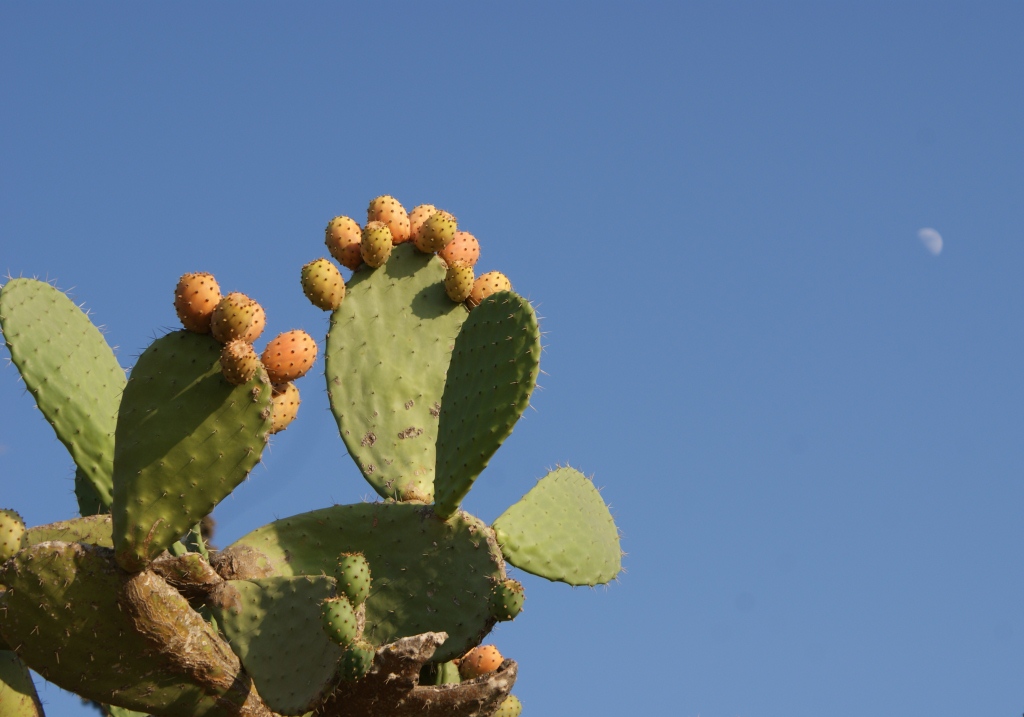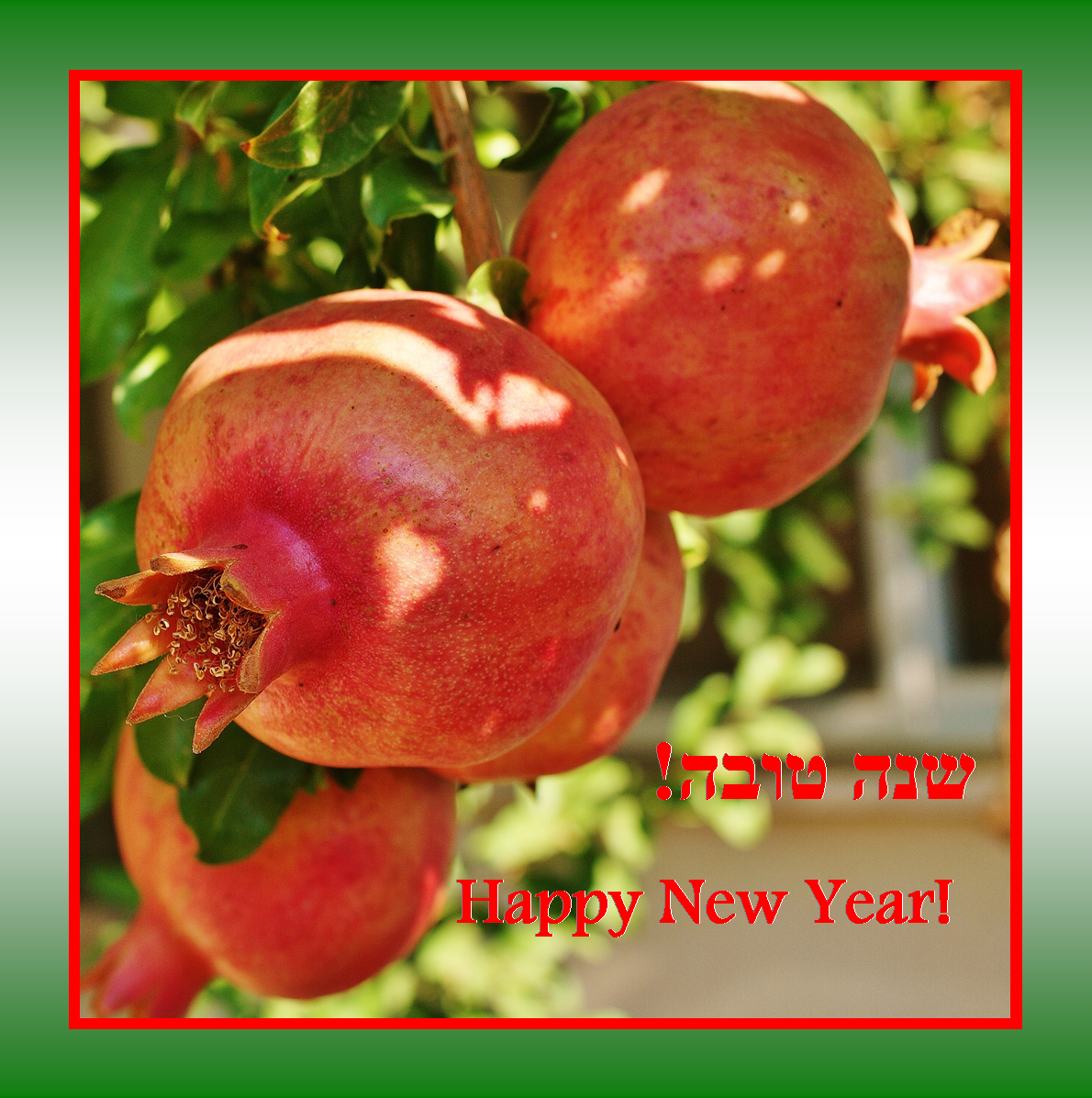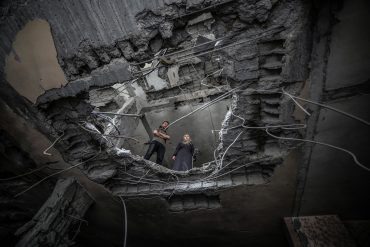1) With the CST having released its annual report on anti-Semitic incidents in the UK this week, a paper by Dave Rich on ‘Antisemitism in the radical Left and the British Labour party’ provides essential background.
“Since early 2016, antisemitism has become a national political issue in Britain for the first time in decades. This hasn’t come about because of a surge in support for the far right, or jihadist terrorism against Jews. It has happened, strangely, because of a crisis in Britain’s Labour Party, a party of the left that defines itself as anti-racist and has enjoyed Jewish support for most of its history. Before exploring how and why this has happened, it should first be acknowledged just how unusual this is. This paper will go through some of the examples of antisemitism in the Labour Party; look at why it has happened, and why it is happening now; and try to explain why the party’s attempts to address the problem have failed so far.”
2) Michael Knights and Matthew Levitt discuss ‘The Evolution of Shi`a Insurgency in Bahrain’.
“The Bahraini government has often sought to undermine the domestic Shi`a political opposition by painting it as an Iranian project. Even if this is almost certainly an exaggeration, there is mounting evidence of external support to Bahrain’s militant opposition since 2011. The story is familiar to the one that played out previously in Lebanon and Iraq. This article will show, in a step-by-step manner, that the IRGC has latched onto more hardline elements of the Shi`a opposition, brought some of them to training bases outside Bahrain, and then reinserted them into Bahrain as cell leaders. “
3) At the Gatestone Institute, CAMERA’s Dexter Van Zile discusses the incitement preached from Temple Mount.
“Jordan’s tentative, half-hearted role in the war against jihad is also highlighted by its failure to stop or even curb the hateful rhetoric that is broadcast at the Temple Mount, or Al Haram Al Sharif in Jerusalem —presently under the Custodianship of the Hashemite Kingdom. The kingdom, which appoints and accredits the speakers in the Al Aqsa Mosque and which employees more than 200 guards to maintain order, has failed to stop the site from being used as a tool to promote genocidal hostility toward the Jewish people, not just in Israel, but throughout the world.”
4) David Collier discusses a recent edition of the BBC’s ‘The Big Questions’ in which the topic for debate was “whether the left has a problem with anti-Semitism”.
“At the front of the denial as always, sat the anti-Zionist Jew. This cannot be by chance. Within the anti-Zionist movement they are as non-representative as they are amongst the Jews. You don’t scoop up a handful of anti-Zionists and always get a Jew. Their deliberate inclusion entirely distorts the discussion and stops any serious investigation into the antisemitism problem. The BBC chose to do this. […]
Somewhere around 93% of Jews are most certainly not ‘anti-Zionist’. The vast majority of Jews hold Israel as part of their own Jewish identity. This from research carried out two years ago into the question of the Jewish relationship with Israel. That leaves roughly 7% without that attachment.
That 7% is also split between religious anti-Zionist, secular anti-Zionist, and of course, Jews that no longer really identify as Jews. As you enter the area of Jews who have lost both religious and national identity, you are likely to find more total indifference. In other words, the number of Jews who maintain their secular Jewish identity and politically identify as anti-Zionist is almost certainly statistically insignificant.
So why, does a statistically insignificant demographic, have revolving door, first-class access, into media outlets such as the BBC and the Guardian? Why is it that every time someone who represents mainstream Jewish thought discusses antisemitism, another Jew from the 2 or 3% is called on to oppose him?”



